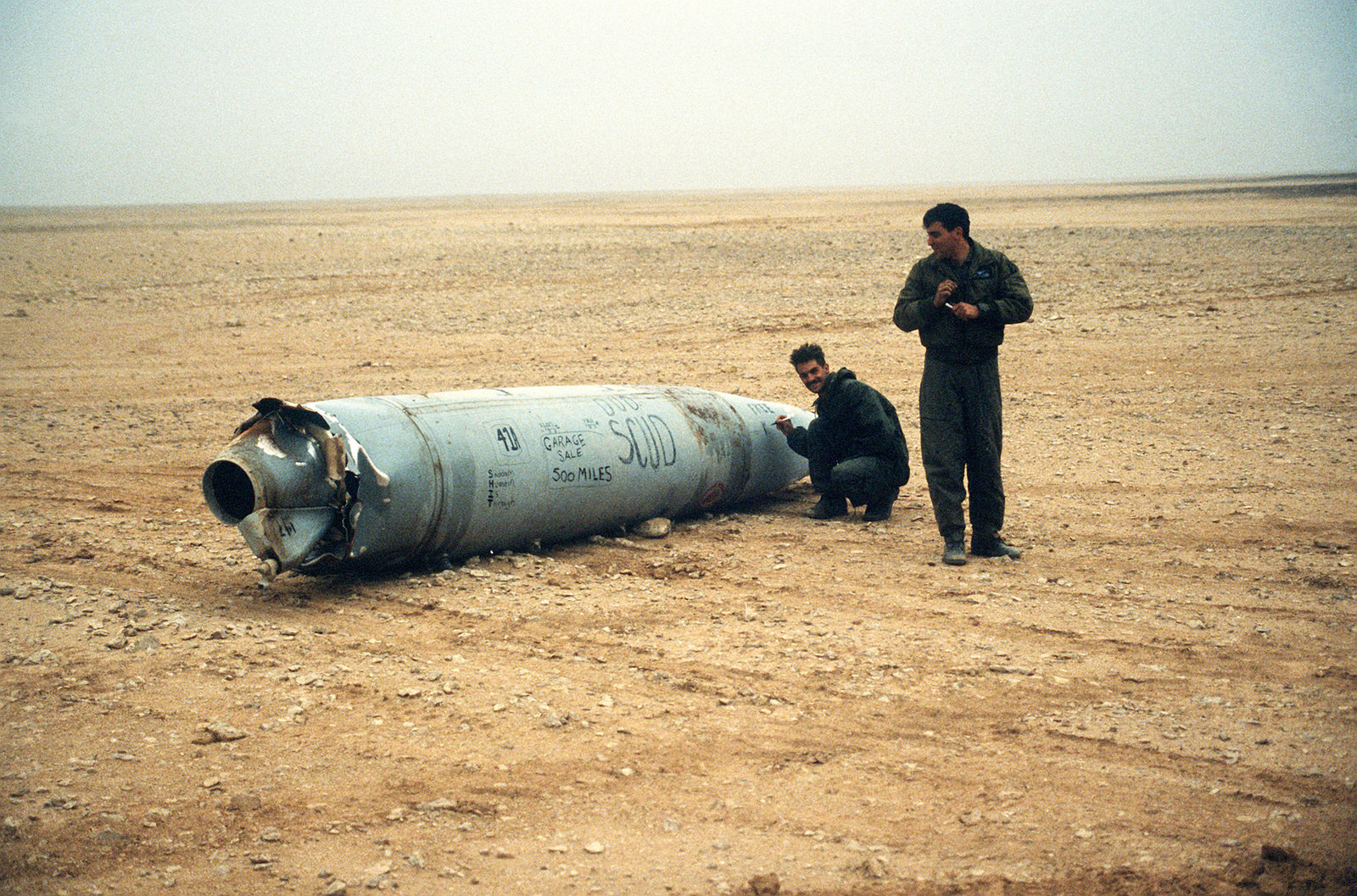A programming error and subsequent software bug prevented the interception of an iraqi scud missile during the gulf war resulting in 100 injured and 28 dead u s soldiers

A Programming Error and Subsequent Software Bug: The Tragic Consequences in the Gulf War

During the Gulf War, an unforeseen event occurred that resulted in devastating consequences for the United States military. A programming error and subsequent software bug prevented the interception of an Iraqi Scud missile, leading to the injury of 100 soldiers and the loss of 28 brave men and women.
The Gulf War, which took place between 1990 and 1991, witnessed a series of conflicts between Iraq and a coalition of nations led by the United States. One of the primary concerns for the coalition forces was the threat of Iraqi Scud missiles. These missiles were capable of carrying explosive warheads and had the potential to cause significant damage.
To counter this threat, the United States military implemented advanced missile defense systems known as Patriot missiles. These Patriot missiles were designed to intercept and destroy incoming enemy missiles, protecting both military personnel and civilians in the area of conflict.
However, a critical programming error and subsequent software bug hindered the effectiveness of the Patriot missile defense system. The flaw in the system’s code prevented it from accurately tracking and intercepting the Iraqi Scud missiles.
As a result, on February 25, 1991, a Scud missile targeted a United States military barrack in Dhahran, Saudi Arabia. The Patriot missile defense system failed to intercept the incoming missile, resulting in a devastating explosion that claimed the lives of 28 U.S. soldiers. Additionally, 100 soldiers were injured in the attack, some critically.

The subsequent investigation into the incident revealed that the programming error and software bug were the main culprits behind the tragedy. The bug was due to a timing issue in the system, causing inaccurate calculations of the Scud missile’s trajectory and speed. Consequently, the Patriot missile defense system failed to intercept the Scud missile in time.
This incident highlighted the importance of rigorous testing and evaluation in software development, especially in critical systems such as missile defense. It demonstrated the severe consequences that can arise from even minor coding errors.
The Gulf War programming error and subsequent software bug serve as a stark reminder of the need for constant vigilance and attention to detail in the realm of technology and military defense. While advancements in technology have undoubtedly revolutionized warfare and brought about significant advantages, they also come with inherent risks.
It is essential that lessons learned from incidents like the one during the Gulf War are implemented to prevent similar tragedies in the future. Software developers, military strategists, and policymakers must work together to ensure that critical systems undergo rigorous testing and error detection processes to safeguard the lives of those who protect our nations.
Sources:
Tags
Share
Related Posts
Quick Links
Legal Stuff

